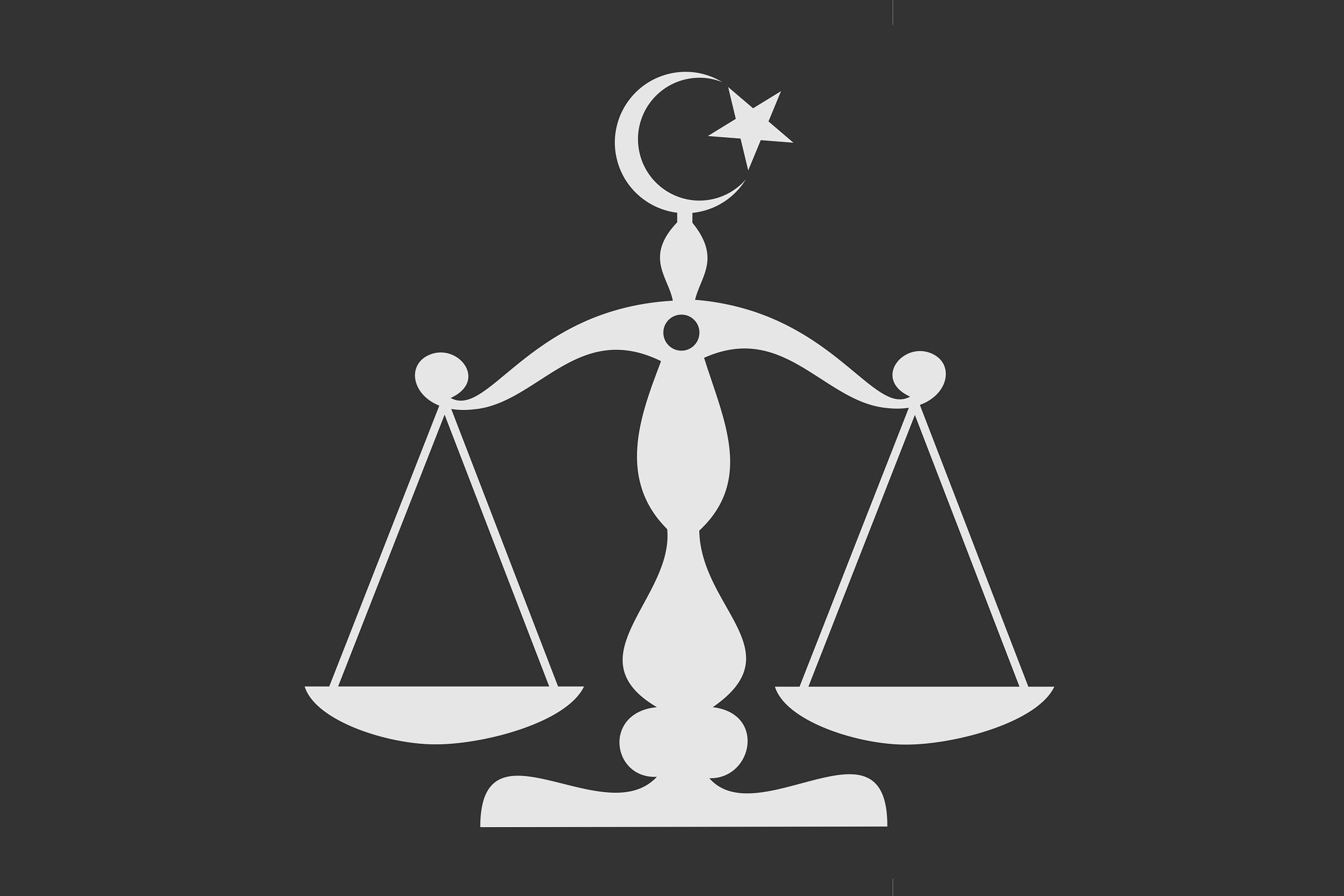Sharia and the Modern World

On February 16, 2022, the Washington Post ran an article explaining how a man who had murdered his sister in an honor killing was released from prison because his family forgave him. This was not only acceptable but required under Pakistani interpretation of Islamic law. How can such a thing possibly happen?
One of the most obvious things about classical Islamic law is that it regards the family as the fundamental social unit. This was innovative in breaking down tribalism, but created a new set of problems. In classical Sharia crimes like murder are regarded as primarily offenses against a family (and God), not the whole of society and not necessarily against an individual. But it isn’t just murder. This is also true of laws governing things like marriage, divorce, child custody and inheritance. In Islamic law all of these are matters between families, not merely individual men and women and even less the ruling authorities.
In the specific case of murder it is (apart from God) the family of the victim whose rights have been violated and thus it is the family which must be satisfied that justice is done. For much of Islamic history it would be the family that was responsible for carrying out any punishment; including the death penalty. Or, as in recent cases in the United Arab Emirates, the family could accept a payment from the murderer or his family in lieu of other punishment. In the case reported by the Washington post the family is both the family of the murder victim and the murderer. So the family could choose to simply forgive the murderer.
This idea that the family is the primary interested party in a crime is contrary to all modern sensibilities. In the United States we have seen numerous cases in recent years where families forgave a murderer. But such forgiveness plays no role in determining punishment. In the modern world murder isn’t a private matter. It is a crime against the entire social order that exists to protect human lives. Murder isn’t a crime against the family of the victim, it’s a crime against all of us And it is a crime against the law that represents our interests.
In short Shari’a, like all traditional religious laws, is built on a fundamentally different understanding of what it means to be human in society than that which is at the foundation of the modern nation-state.
This isn’t the only difference between Sharia and modern law. Sharia law is divided into two parts: laws concerning the rights of human beings and relationships between humans, and laws concerning the rights of God in relationship to human beings. Thus in Sharia law blasphemy, apostasy, and abandoning Islam are illegal. They are violations of the rights of God.
In modern legal thinking God has no rights that human governments are obliged to respect or enforce. Religious acts and attitudes cannot and should not be criminalized. Religion has no claim in the realm of either civil or criminal law in the modern state. But under classical Sharia the state is obliged to enforce the rights of God.
Pakistan, like many Muslim countries, has a hybrid system of law that tries to accommodate both modern laws and Sharia law. As the case reported in the Washington Post demonstrates, the efforts to create a hybrid system have been an abject failure. This is because modern states are unified primarily by a common system of law. You can have a multicultural state and society. You can have a multi-religious state and society. But you cannot have a multi-legal state or society or there will simply be chaos. And chaos is the defining characteristic of those states which try to have both modern laws and Sharia law, or for that matter modern laws and Christian law, modern laws and Jewish law, or modern laws and Hindu law.
Back in Pakistan the problem of the murderer being forgiven by his family and released from prison predictably brought howls of protest from human rights group within and outside Pakistan. In particular women’s rights groups were outraged. The outrage simply shows that Pakistani society is divided. Modern Pakistanis cannot live with laws based on a pre-modern worldview. But many Muslim Pakistanis cannot live with modern laws that do not recognize the rights of families to their honor, and God to God’s singular demand for obedience.
But again, the problem is not unique to the Muslim world. It is a problem that divides Israeli Society, which also has two sets of laws: one religious and one secular; and in which some Jews demand that their religious law supersedes secular law. It happens in the United States when religious people claim a right to ignore the laws designed to protect the public health and welfare and demand that the law support their religious ideology. Indeed the same problem exists in every country a where religious believers insist that the state not merely give them freedom of religion, but actually support their religious beliefs, values, and practices.
It happens that it is within the Muslim world that the conflict between religious law and modern law is most acute, simply because the creation of modern states is such a recent development in the Muslim world. But seeing events in Pakistan and elsewhere in the Muslim world shouldn’t just result in condemnation of clear abuses of human rights. We should also look at ourselves, and realize how easily the chaos of conflicting laws can happen even here.